July Budget 2015: George Osborne's key announcements
The Chancellor's second budget of the year set out plans for a national living wage - and £12bn of welfare cuts
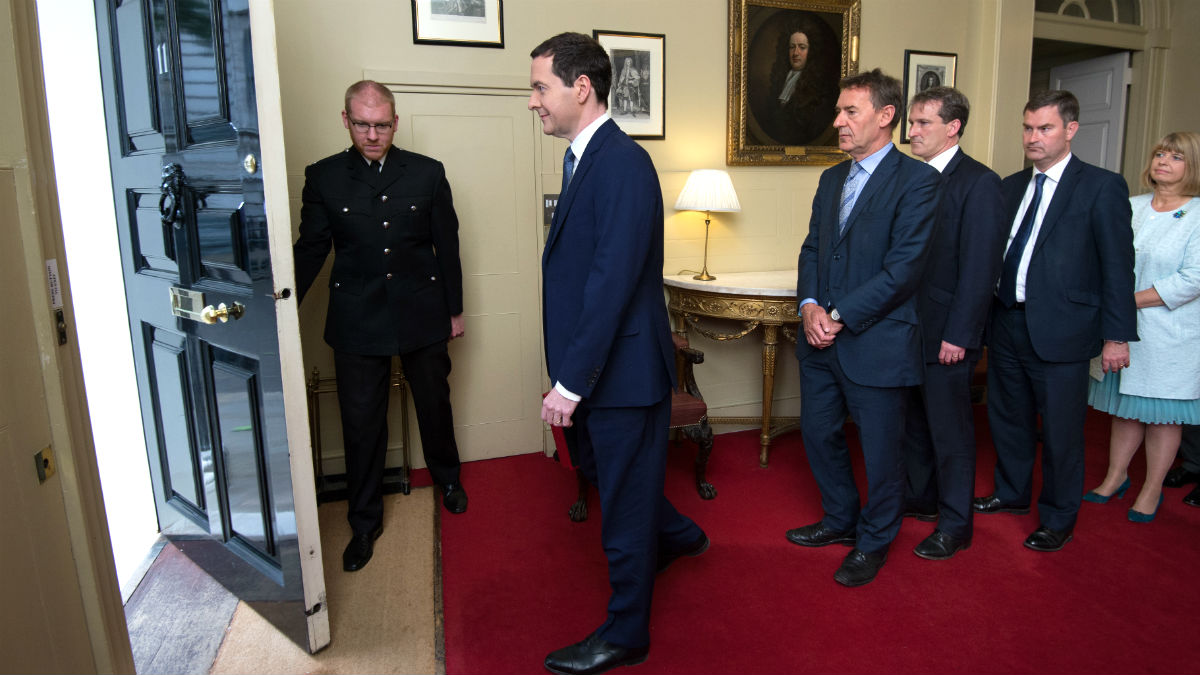
A free daily email with the biggest news stories of the day – and the best features from TheWeek.com
You are now subscribed
Your newsletter sign-up was successful
The first all-Conservative Budget in nearly 20 years has been unveiled by Chancellor George Osborne – with welfare and tax cuts high on the agenda.
The government's controversial plan to cut £12bn from the welfare budget will now be carried out over four years instead of two, beginning with a Welfare Reform and Work Bill due to be published tomorrow.
Welfare payments for working families with more than two children will still be slashed, while university grants will be replaced with loans. Working age benefits will also be frozen for four years, including tax credits and housing benefit.
The Week
Escape your echo chamber. Get the facts behind the news, plus analysis from multiple perspectives.

Sign up for The Week's Free Newsletters
From our morning news briefing to a weekly Good News Newsletter, get the best of The Week delivered directly to your inbox.
From our morning news briefing to a weekly Good News Newsletter, get the best of The Week delivered directly to your inbox.
Meanwhile, the threshold at which people start paying the higher 40p tax rate (currently £42,385) will be raised to £43,000 next year, with plans to increase it to £50,000 by 2020.
With "unexpected fiscal wiggle room", the Financial Times predicted a faster increase to the personal tax allowance. Osborne confirmed this afternoon that it would rise from £10,600 to £11,000 next April.
"The Chancellor's seventh Budget, his first purely Conservative financial statement, has been described by government insiders as 'massive' in its scope, marking a shift to a distinctively Tory economic model," says the FT.
Osborne said his Budget put "security first", including economic, financial and national security. "The British economy I report on today is fundamentally stronger than it was five years ago," said the Chancellor. "We're growing faster than any other major advanced economy."
A free daily email with the biggest news stories of the day – and the best features from TheWeek.com
Here are the highlights:
July Budget summary: George Osborne's announcements in brief
- An end to inherited and permanent non-dom status, meaning anyone living in the UK for 15 years or more would lose non-dom status.
- Public sector pay will increase by one per cent each year for the next four years.
- Vehicle Excise Duty will be re-introduced for all brand new cars, with different costs based on environmental friendliness.
- The "artificial cap" on the number of university students will be scrapped. Maintenance grants will be replaced with maintenance loans, which will begin to be repaid when graduates earn more than £21,000 a year.
- Fuel duty rates will continue to be frozen.
- Inheritance tax scrapped on family homes worth up to £1m.
- The household benefits cap will be reduced to £23,000 in London and £20,000 elsewhere.
- Working age benefits will be frozen for four years, including tax credits and housing benefit, but not maternity allowances.
- Child tax credit will be limited to two children for those born after April 2017.
- The tax-free personal allowance will be raised to £11,000 next year, and the higher rate threshold boosted to £43,000.
- Real increase for defence budget every year to 2020-21. The Chancellor has also committed to the Nato target of spending two per cent of GDP on defence for the next decade.
- New National Living Wage for over-25s, starting at £7.20 next April. This will rise to £9 by 2020.
- Around £5bn will be saved over the next five years by tackling tax avoidance, planning, evasion, compliance, and imbalances in the tax system.
- Social housing tenants on more than £30,000 (or more than £40,000 in London) will have to pay market-rate rents.
- Corporation tax will be cut to 19 per cent in 2017 and 18 per cent in 2020.
- The Employment Allowance will rise from £2,000 to £3,000 next year, meaning that employer National Insurance bills will be cut by another £1,000.
- £30m of funding will be invested in transport for the North.
July Budget summary: George Osborne on the UK economy
- The budget surplus is to be achieved by 2019-20. Borrowing is expected to fall from £69.5bn this year to £43.1bn, £24.3bn and £6bn before reaching a £10bn surplus in 2019-20.
- The economy grew by three per cent in 2014 and is due to grow 2.3 per cent this year, followed by 2.3 per cent in 2016 and 2.4 per cent in 2017.
- One million additional jobs are forecast to be created by 2020. Osborne plans to make it two million.
- Debt as a share of GDP is to fall from 80.3 per cent this year to 79.1 per cent, 77.2 per cent, 74.7 per cent, 71.5 per cent and 68.5 per cent in the following years.
12.50pm: Chancellor George Osborne is announcing his July Budget in the House of Commons, repeating the well-worn Conservative mantra that the economy is improving and "all that is at risk if we do not finish the job". The government should cut the deficit at the same pace that it did in the last government. We should not go faster and we should not go slower, says Osborne. Britain has "turned a corner" and left "irresponsibility" behind, says the Chancellor. He promises a Budget that puts security first and that recognises the hard work and sacrifice of Britons over the last five years.
1.00pm: The chamber gets excited as Osborne mentions his "honourable member for Uxbridge" Boris Johnson.
1.10pm: The Chancellor suggests that pensions could be treated more like ISAs and will publish a green paper to invite views on reform. We want to move from an economy based on debt to an economy built on savings and long-term investment, he says.
1.20pm: The Chancellor says that welfare spending is not sustainable. Universal credit will transform people's lives and deliver "real social justice", claims the Chancellor. But to live within our means, we need to find a further £12bn in savings, he says. The elderly, vulnerable and disabled will be protected. The cost of free TV licences for the over-75s is to be transferred to the BBC. More funding will be found for women's refuge centres and to tackle domestic abuse. All parents of three and four years olds will get free working childcare of up to 30 hours a week. "The best route out of poverty is work," says Osborne. He adds that is not acceptable that some people leave school and go straight onto a life of benefits. The message will be "earn or learn".
1.35pm: The chamber is particularly rowdy as the Chancellor announces a new National Living Wage for over-25s, starting at £7.20 next year. "Britain deserves a pay rise and Britain is getting a pay rise," says Osborne.
Budget 2015; Treasury follows up with 'blah, blah, blah' email
10 July
Hours after the Institute for Fiscal Studies branded Chancellor George Osborne's July Budget "regressive", the Treasury sent out an email to journalists simply saying: "Blah, blah, blah".
The IFS yesterday suggested that 13 million families in the UK would be £260 worse off a year because of the measures contained in Wednesday's Budget.
But later in the day several lobby journalists received a strange email from a member of the Treasury.

The department sent out another message shortly afterwards, saying: "Please disregard the previous email you have received from HM Treasury this afternoon (9 July), which was sent in error."
But unfortunately for them, the "blah, blah" email had already begun circulating on social media, with many speculating about its meaning.
"Was it a sign of frustration from a Treasury staff member who saw months of hard work ripped apart by economists at the IFS think-tank?" asked Matt Dathan at The Independent. "Or was it a rogue civil servant offering an internal insight into what Treasury officials really thought of the Budget?"
However, it was later claimed that the "nonsense email" was a test run for a summer drinks invitation that had accidentally been sent out to the whole lobby, said The Guardian.
The Chancellor had earlier defended his Summer Budget against the IFS criticisms, insisting that businesses would have to pay higher wages but benefit from lower taxes, while workers would get fewer benefits but higher pay.
-
 Quiz of The Week: 14 – 20 February
Quiz of The Week: 14 – 20 FebruaryQuiz Have you been paying attention to The Week’s news?
-
 The Week Unwrapped: Do the Freemasons have too much sway in the police force?
The Week Unwrapped: Do the Freemasons have too much sway in the police force?Podcast Plus, what does the growing popularity of prediction markets mean for the future? And why are UK film and TV workers struggling?
-
 Properties of the week: pretty thatched cottages
Properties of the week: pretty thatched cottagesThe Week Recommends Featuring homes in West Sussex, Dorset and Suffolk
-
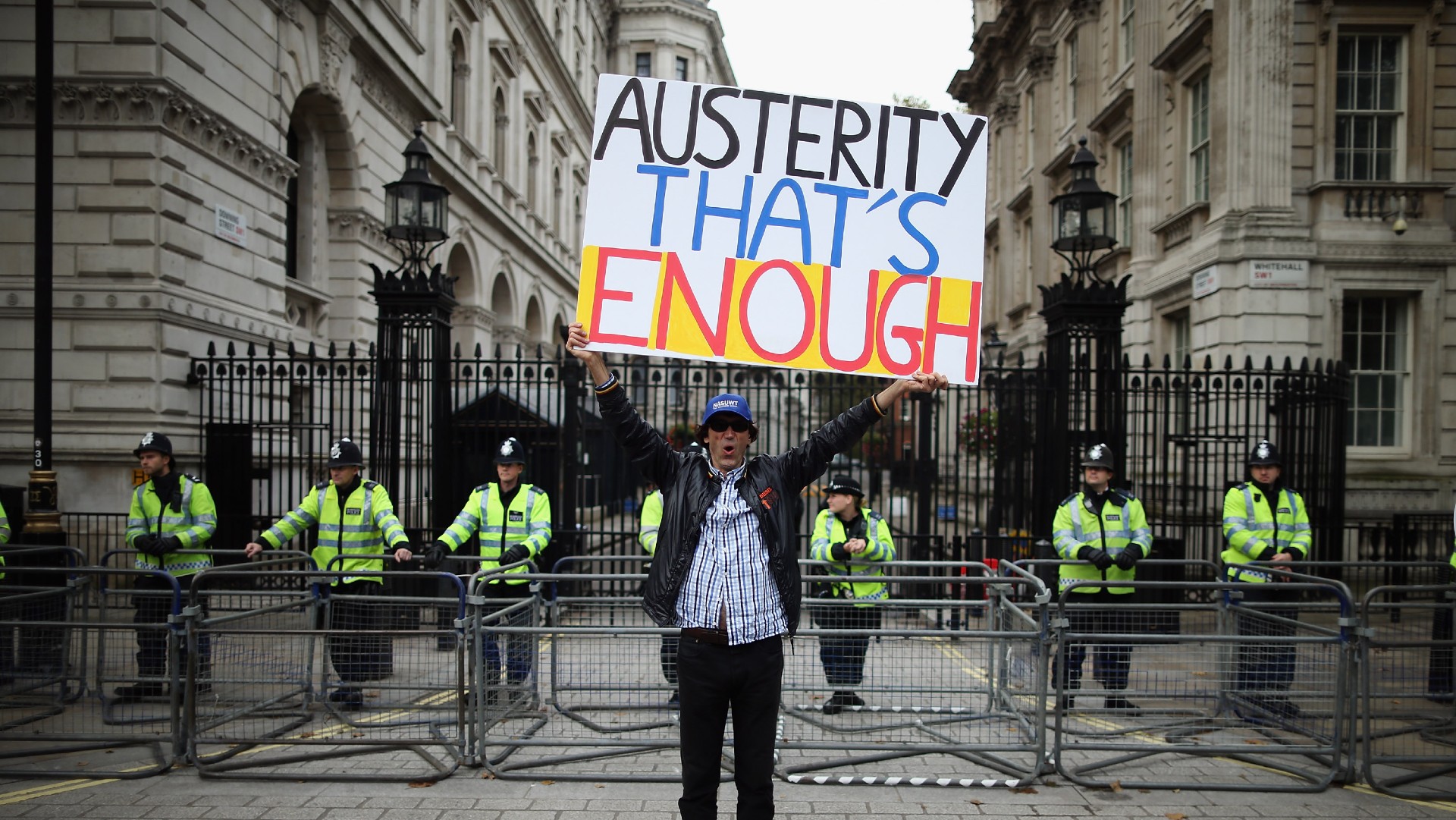 Do Tory tax cuts herald return of austerity?
Do Tory tax cuts herald return of austerity?Today's Big Question Chancellor U-turns on scrapping top rate tax but urges ministers to make public spending cuts
-
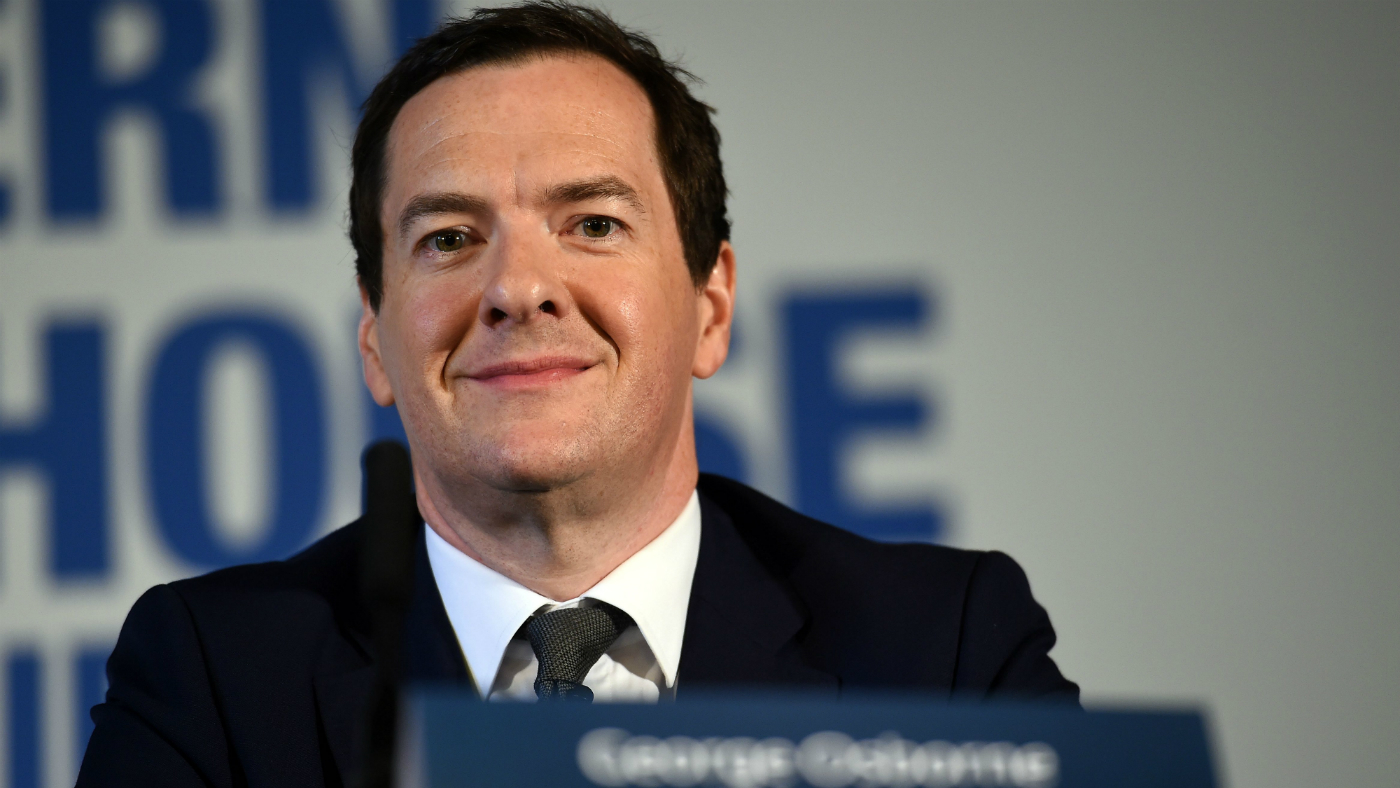 What is the Northern Powerhouse?
What is the Northern Powerhouse?In Depth George Osborne’s think tank was designed to devolve power and boost the North’s economic output
-
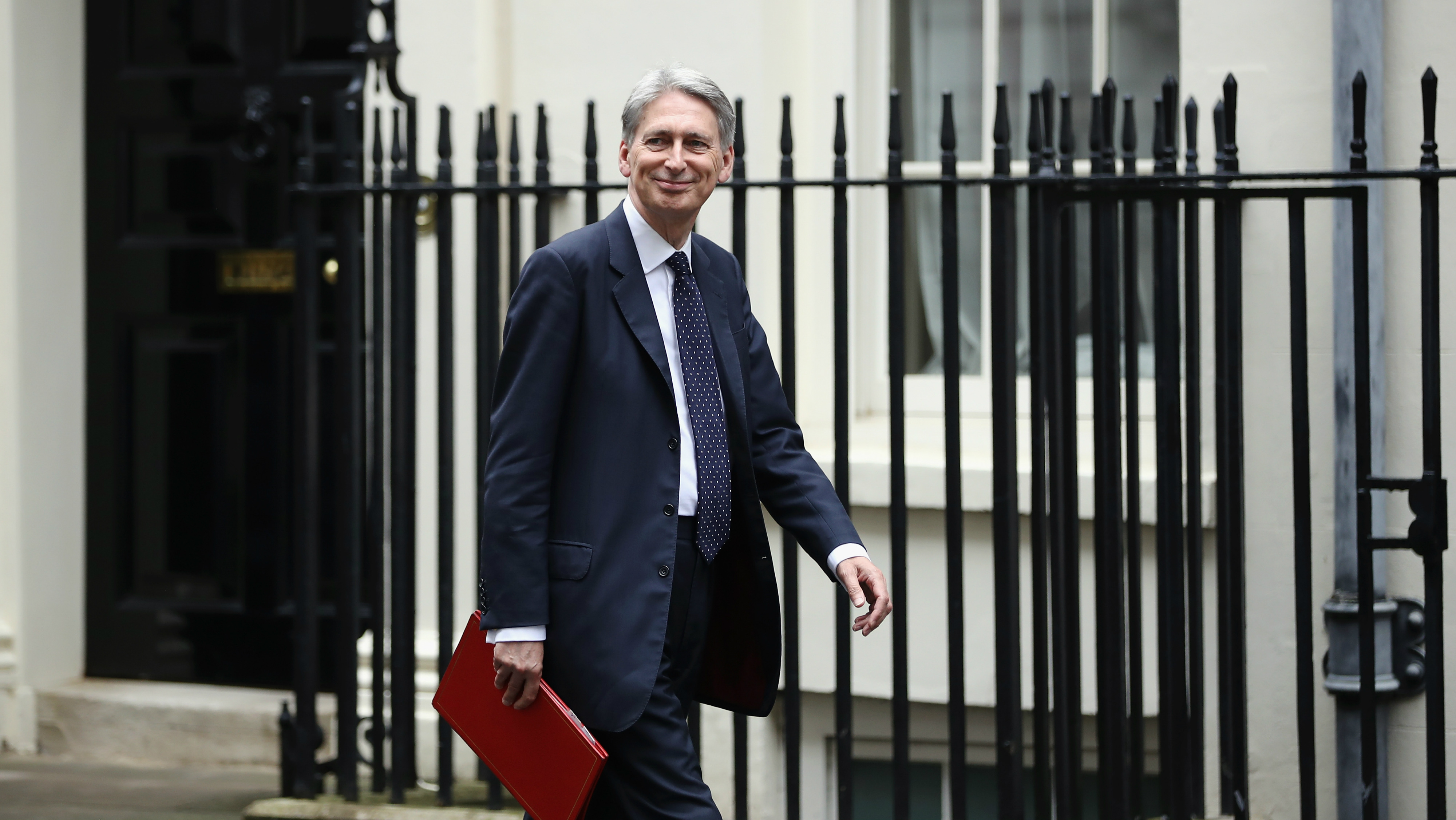 Hammond to announce departure from Osborne policies
Hammond to announce departure from Osborne policiesSpeed Read Chancellor to tell Tory conference 'we must change with the times' in move away from predecessor
-
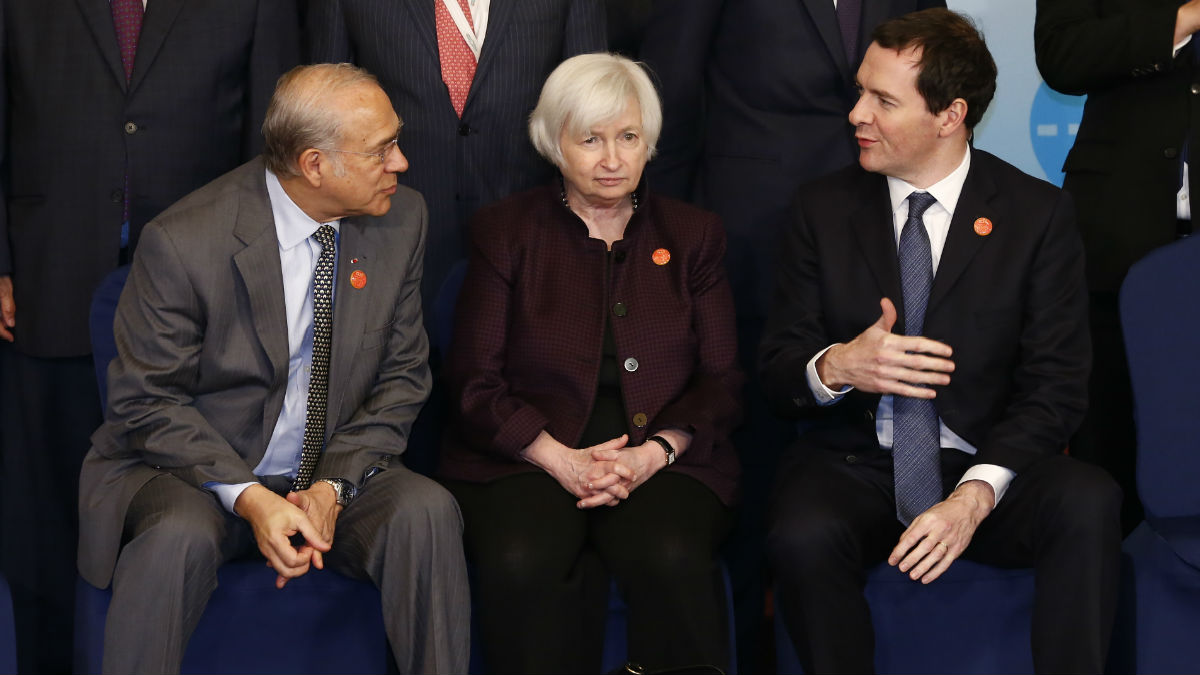 Budget 2016: is George Osborne about to make more cuts?
Budget 2016: is George Osborne about to make more cuts?In Depth Chancellor hints at further austerity measures during interview at G20 meeting in China
-
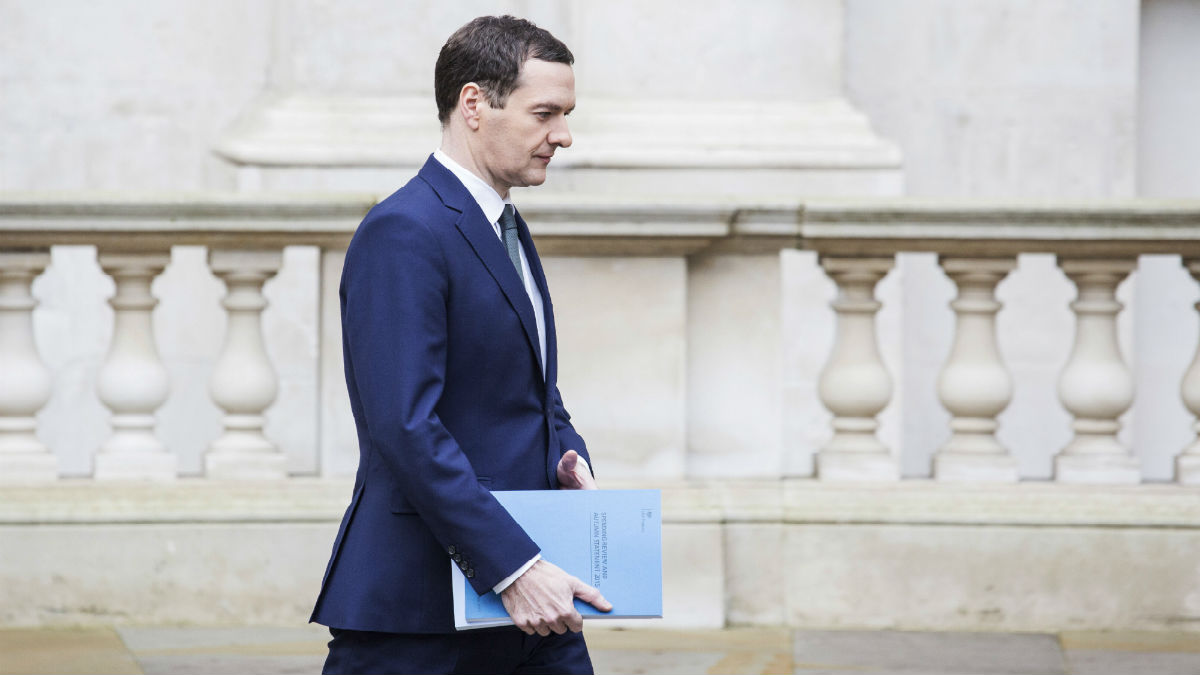 Budget 2016: 'We should all be worried', warns IFS
Budget 2016: 'We should all be worried', warns IFSIn Depth Leading think-tank criticises economic policies that will 'lower wages and living standards'
-
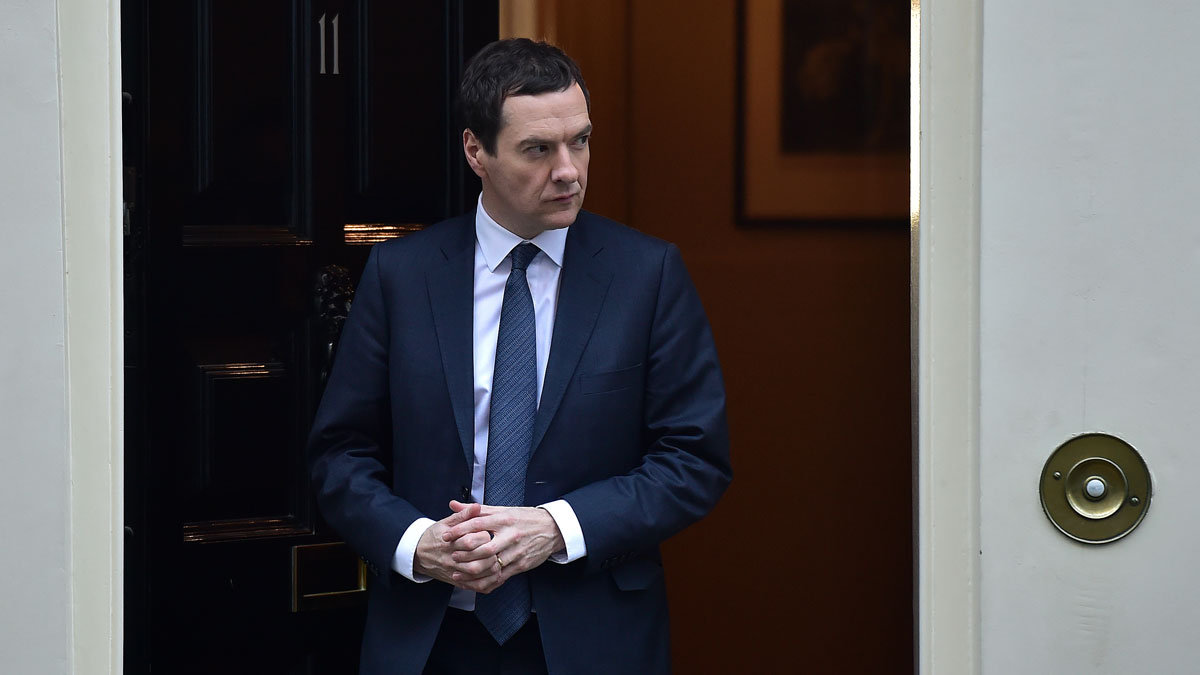 Budget 2016: Osborne in line for another £20bn+ windfall
Budget 2016: Osborne in line for another £20bn+ windfallSpeed Read Lower debt servicing costs could offset weaker tax revenues as a result of market turmoil
-
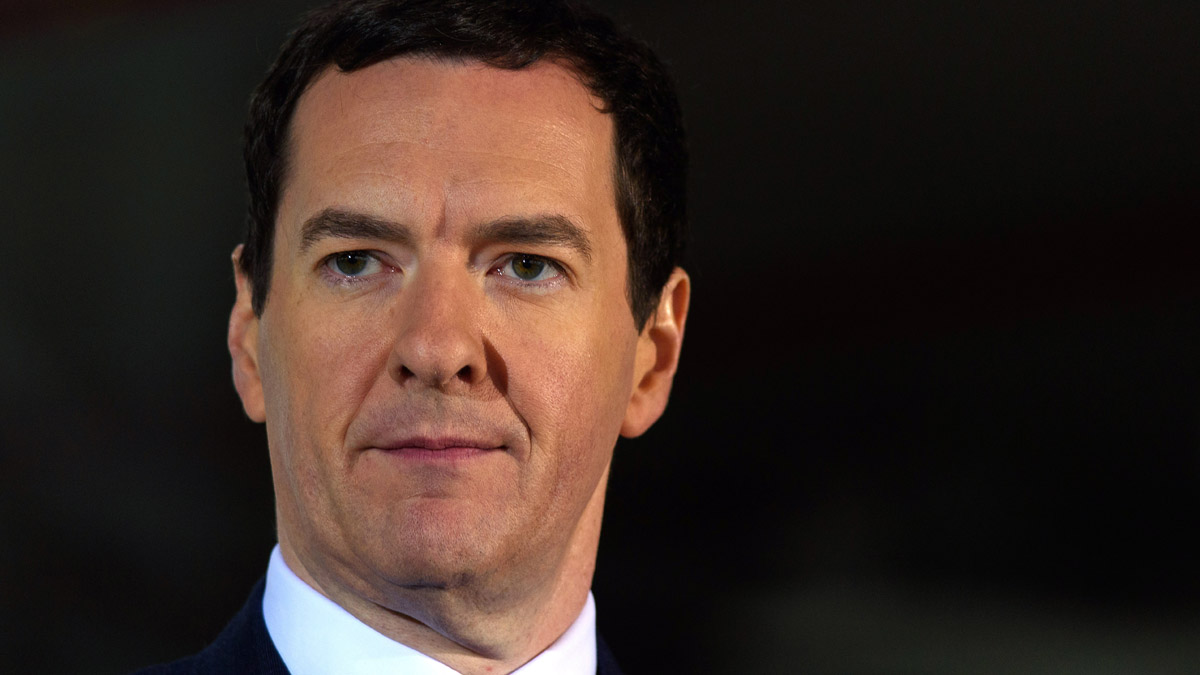 UK growth to surge in spite of global turmoil
UK growth to surge in spite of global turmoilSpeed Read Consumer spending will help country remain insulated from global trade headwinds, says forecaster
-
 Osborne makes fresh case for austerity in warning over 'cocktail' of risks
Osborne makes fresh case for austerity in warning over 'cocktail' of risksSpeed Read World Bank also sounds alarm over "perfect storm" of worldwide economic problems.